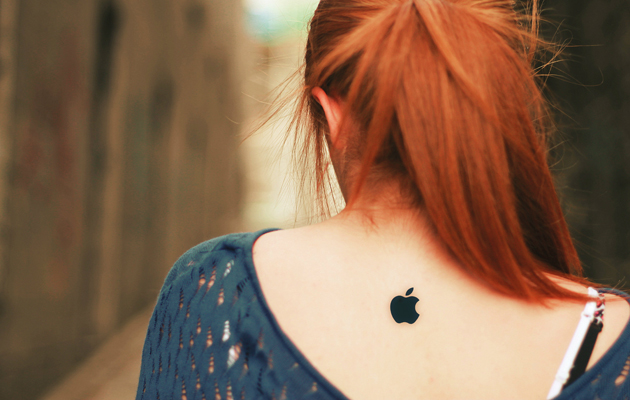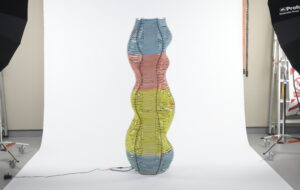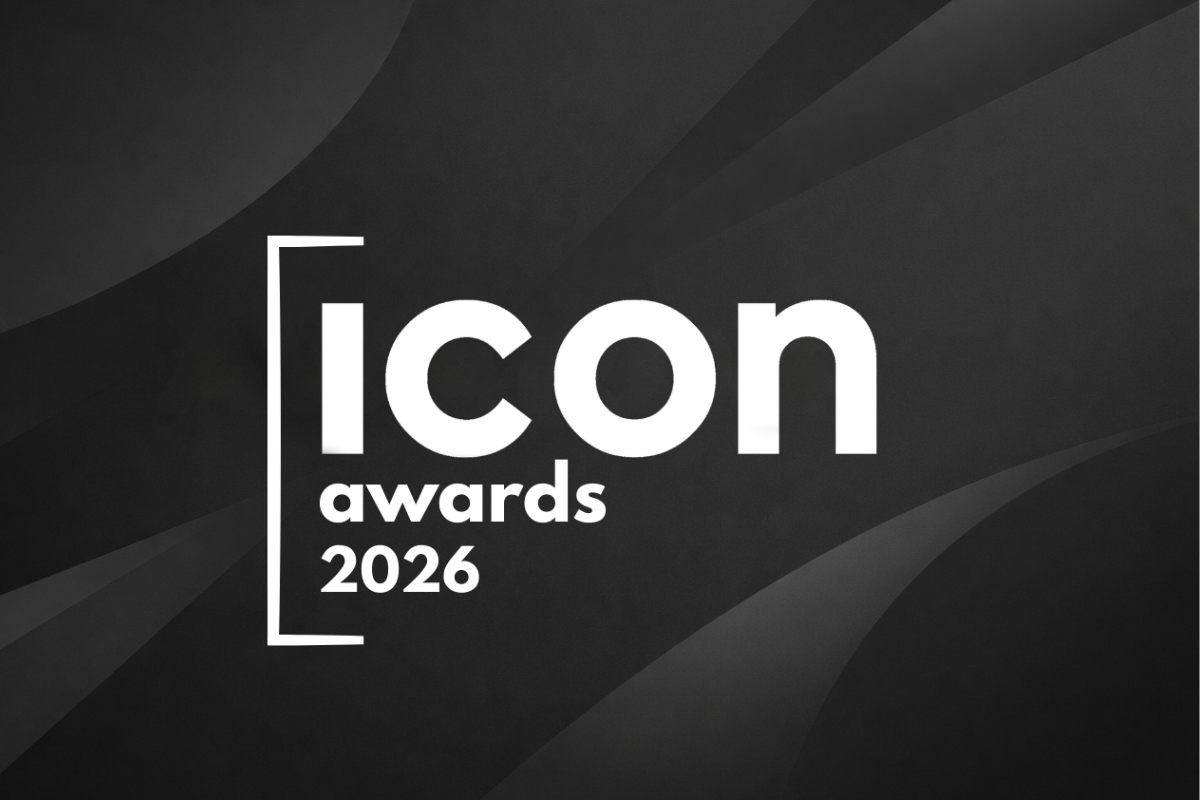|
|
||
|
Perhaps we should be happy to live in the age of branding? After all, it is the brands that are in thrall to us, not the other way round, argues branding consultant Simon Glynn We live in an age in which brands permeate our society as never before. People’s self-expression through brands has become extraordinary. The brands they use define people’s characters in novels, drama and song lyrics. Brands get literally under the skin, as tattoos. Earlier this year, a French couple would have named their daughter Nutella if their government hadn’t stopped them. Is this a corporate takeover of our lives? Should we regret the loss of a golden age of more spiritual attachments, exchanged for shallow consumerism? Should we resent the power that corporations seem to have over us, as we increasingly express ourselves through their creations? Before we jump to the tempting answers expressing distaste, we should ask ourselves why we go along with all of this. What sort of corporate power induces people to go out and get a brand tattoo? We might find the answer not in the world of companies and brands, but in ourselves. Think about three basic human needs we all have: to simplify the frenetic world around us so we can get on; to believe in something bigger and more important than what is in front of us; and to belong to a group beyond our family. For most of the industrial period, commerce didn’t address these needs. Companies made products with functional utility. We had to look elsewhere to get these needs fulfilled – to cultural icons, political movements, sport, faith groups, battalions. Brands now draw on people’s allegiances as strongly as other cultural, social or political groups do. They simplify, and they give us something to believe in and belong to. And it’s really from the 1950s on, gathering pace more recently, that companies have learned to embrace brands in this way: first through consumer products; then through services, which are inherently more personal because “the brand” includes a company’s own people; and finally through more immersive experiences, into which consumers are invited, whether physically (the Starbucks coffeehouse) or virtually (the Apple ecosystem). We should not be concerned about this evolution of personal affiliations. In fact we should rejoice, not regret – because a world where companies meet these human needs is surely better than one where they didn’t. (Now our chemist helps us feel good, and our sports clothing comes with the self-belief to perform our best.) And we should relax, not resent – because any power that brands have is power that we give them, not power that is enforced. Brands are only powerful as long as they connect with us, and lose their power when they don’t. The companies I work with know this well, and live a near-paranoid existence from which we all benefit, as they work to keep pace with consumer tastes, as they change with passing fashions and generations. So let’s be happy that we live in the age of brands. But also recognise that tastes and brands do change. So don’t name your children after them. Simon Glynn is the European head of creative consultancy Lippincott Agree? Disagree? Tell us on Twitter using the handle @iconeye |
Words Simon Glynn
Image: Getty. digitally altered |
|
|
||



















